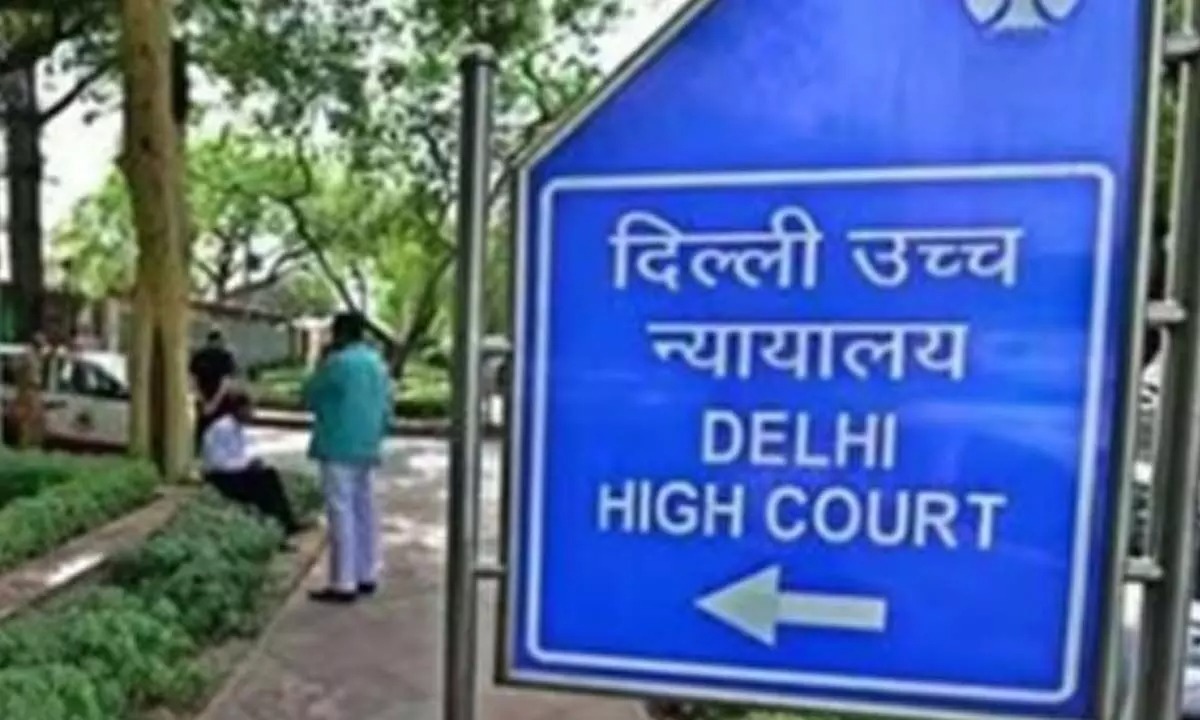Biswanath Somadder, J.@mdashHeard the learned Advocates appearing on behalf of the parties.
2. This is an application under Article 227 of the Constitution of India directed against an order, being Order No. 109 dated 10th August, 2007, passed by the learned Civil Judge (Junior Division), 3rd Court at Alipore, District - South 24 Parganas in Title Suit No. 336 of 1995.
3. The learned Advocate appearing on behalf of the petitioner herein, being the defendant No. 2, in the Title Suit No. 336 of 1995, pending before the learned Court below submits that while hearing out the two interlocutory applications of the defendant Nos. 1 and 2, both under the provision of Section 17(2) of the West Bengal Premises Tenancy Act, 1956, the learned Judge had made certain observations in the order impugned which were beyond the scope of Section 17(2) of the West Bengal Premises Tenancy Act, 1956, as coming to a definitive finding with regard to the end of tenant-landlord relationship of the petitioner herein with that of the plaintiff. According to the learned advocate for the petitioner herein, being the defendant No. 2 in the suit, the scope of an application u/s 17(2) of the West Bengal Premises Tenancy Act, 1956, is to determine the amount of rent payable by the tenant and for the Court to pass necessary directions or orders for payment of such rent as well as arrear rent.
4. The learned advocate appearing on behalf of the petitioner submits that in order to do so, the Court needs to come to a prima facie finding only, with regard to the existence of a relationship of landlord and tenant and not a definitive and final finding. The learned advocate appearing on behalf of the petitioner submits that in the facts and circumstances the learned Court below, in the interlocutory proceeding u/s 17(2) of the West Bengal Premises Tenancy Act, 1956, proceeded to go beyond that prima facie stage and had, in effect, adjudicated upon the real issue of the parties in the suit proceeding, at the interlocutory stage by coming to a definitive and final finding with regard to non-existence of relationship of tenant and landlord between the plaintiff and the defendant No. 2, being the petitioner herein.
5. On the other hand, the learned Advocate appearing on behalf of the opposite party No. 1, being the plaintiff herein, submits that there is no infirmity in the order impugned and as such there is no, requirement of this Court to interfere with the same. The learned advocate appearing on behalf of the defendant No. 1, being the opposite party No. 2 herein, essentially supports the learned advocate appearing on behalf of the plaintiff/opposite party No. 1.
6. In order to come to a finding with regard to the instant case, I am of the opinion that there is a requirement to consider Section 17(2) of the West Bengal Premises Tenancy Act, 1956. For convenience the said section as also the sub-sections thereunder are set out hereinbelow:
Section 17(2) - If in any suit or proceeding referred to in Sub-section (1) there is any dispute as to the amount of rent payable by the tenant, the tenant shall within the time specified in Sub-section (1), deposit in Court the amount admitted by him to be due from him together with an application to the Court for determination of the rent payable. No such deposit shall be accepted unless it is accompanied by an application for determination of the rent payable. 7. On receipt of such application, the Court shall:
(a) Having regard to the rate at which rent was last paid, and the period for which default may have been made, by the tenant, make, as soon as possible within a period not exceeding one year, a preliminary order, pending final decision of the dispute, specifying the amount, if any, due from the tenant an thereupon the tenant shall, within one month of the date of such preliminary order, deposit in Court or pay to the landlord the amount so specified in the preliminary order; and
(b) Having regard to the provisions of this Act, make, as soon after the preliminary order as possible, a final order determining the rate of rent and the amount to be deposited in Court or paid to the landlord and either fixing the time within which the amount shall be deposited or paid or, as the case may be, directing that the amount already deposited or paid be adjusted in such manner and within such time as may be specified in the order.
8. From a plain reading of the above provision, it appears that the very purpose of bringing the aforementioned provision of law into the statute book by the legislature was to ensure that during the pendency against a tenant, the rent payable by the tenant as well as the arrear rent was determined and secured by the Court. In order to do so. the Court is required to come to a prima facie finding with regard to the relationship of a landlord and a tenant. However, there can be no manner of doubt whatsoever that the interlocutory proceeding u/s 17(2) of the West Bengal Premises Tenancy Act, 1956, cannot be converted into an exercise beyond the prima facie stage, for the purpose of determining the existence of a relationship of a landlord and a tenant, if that by itself is an issue in the original suit proceeding. I am of the view that if a Court in such a situation, as is in the instant case, proceeds beyond the prima facie stage and reaches a definitive and final conclusion with the regard to the relationship of plaintiff vis a vis the defendant Nos. 1 and 2, the effect will be that of an interlocutory Court deciding a suit finally at the interlocutory stage, which is impermissible in law. The interlocutory applications in a suit are taken out by the parties in aid of final reliefs claimed and there cannot be an interlocutory order passed by a Court which in effect takes the shape of a final judgment and order in a suit.
9. Having regard to the above, I direct the petitioner herein, being the defendant No. 2, to deposit before the learned Court below, current rent payable month by month together with arrear rent payable within a period of twelve weeks from the date of this order.
10. The learned trial Court below while framing the issues in the suit and at the time of trial shall not be influenced in any manner in respect of the observations made herein as well as the observations of the learned Court below in the order impugned and the learned trial Court shall decide the matter in its own merit.
11. On the prayer of the learned Advocates appearing on behalf of the parties before me, I direct the learned Court below to dispose of the suit as expeditiously as possible within the shortest period of time, without granting unnecessary adjournments to the parties.
12. The revisional application stands disposed of accordingly.
Urgent xerox certified copy of this order, if applied for, be given to the parties.

